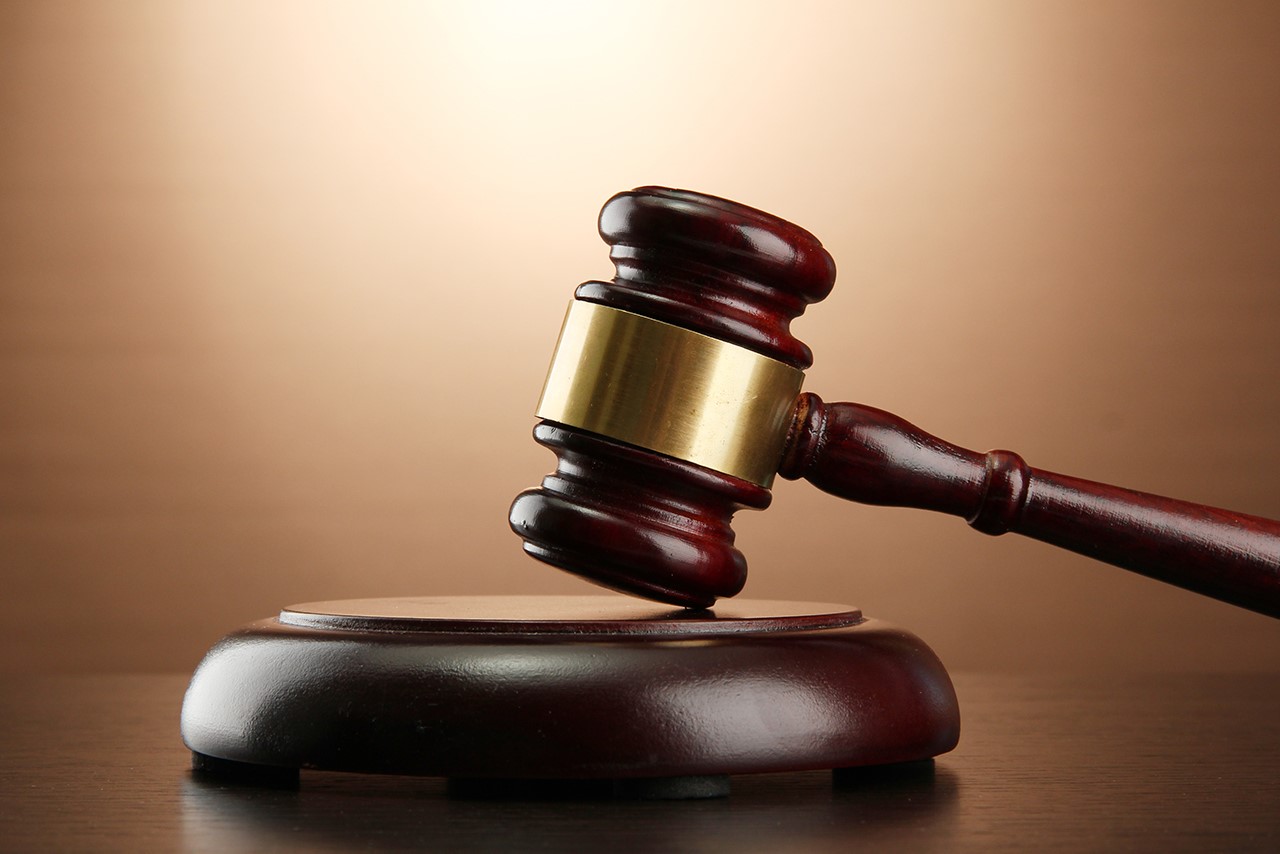Alan Beaman will discuss his wrongful murder conviction and how it affected his life in a program titled “Wrongful Conviction: A Conversation with Alan Beaman and his Attorney,” at 7 p.m. on Tuesday, October 22, in Braden Auditorium.
This presentation is free and open to the public.
He will be joined by Jeffrey Urdangen, the lawyer who represented him for 28 years in the criminal proceedings as well as in the civil lawsuit that resulted in a favorable settlement early this year. The program will be moderated by Edith Brady-Lunny, former legal affairs reporter for The Pantagraph. The Department of Politics and Government is the lead sponsor of the program.
In 1995, a McLean County jury found Beaman guilty of murdering his ex-girlfriend, a 22-year-old Illinois State University student even though there was no direct evidence that he committed the crime. He received a 50-year prison sentence.
After he had served more than 13 years in prison, the Illinois Supreme Court unanimously ruled that the prosecutor violated Beaman’s right to due process of law by failing to disclose information implicating another potential suspect in the murder. The McLean County Circuit Court issued a certificate of innocence. Illinois Gov. Pat Quinn then pardoned him based on actual innocence.
Beaman filed a civil lawsuit against the Town of Normal and former detectives of the Normal Police Department. Even though lower courts dismissed his case several times, the Illinois Supreme Court ruled twice in Beaman’s favor finding that the case should proceed to jury trial. Shortly before the trial was scheduled to begin, the Town of Normal and Beaman agreed to a $5.4 million settlement.
The event is also sponsored by the Department of Sociology and Anthropology, Department of Criminal Justice Sciences, Department of History, the School of Communication, and the College of Arts and Sciences (CAS), along with the support and partnership of the School of Social Work and WGLT.
According to CAS Dean Heather Dillaway, “University campuses represent spaces where we are free to address and debate complex political and social issues. I am pleased to see the Department of Politics and Government upholding this tradition by bringing Alan Beaman and his attorney to campus. This case is part of ISU’s history, and we owe ourselves the chance to understand it fully.”
Sociology and Anthropology Chair Joan Brehm commented, “Our department values fair, compassionate, and equitable systems of justice for everyone, and we hope that dialogues around Mr. Beaman’s case will help to ensure those systems are in place for all people in the future.”

